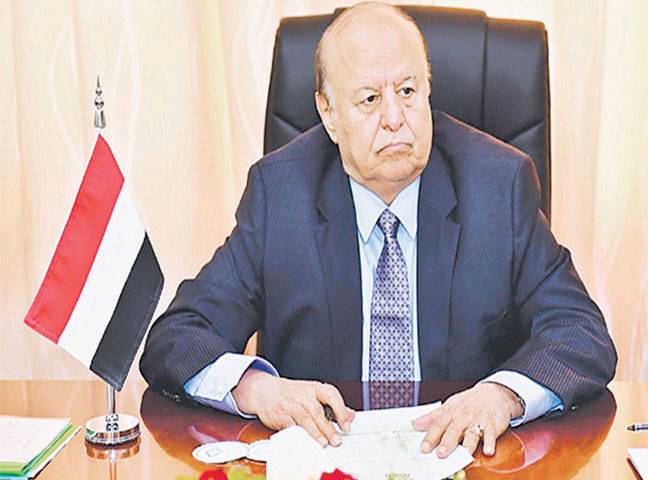ADEN - Yemeni government officials have begun indirect talks with United Arab Emirates-backed southern separatists in the Saudi Red Sea city of Jeddah to end fighting in Aden and other southern provinces, a Yemeni official said on Wednesday.
The fight for Yemen’s south has opened a new front in a multi-tiered war and threatens to further fragment Yemen, complicating efforts to end a conflict that has killed tens of thousands and pushed the nation to the brink of famine.
Yemeni government and separatist forces are both part of a Saudi-led coalition that intervened in Yemen in March 2015 against the Iran-aligned Houthi group after it ousted President Abd-Rabbu Mansour Hadi from power in the capital Sanaa in 2014.
But the separatists, who seek to restore the former South Yemen republic, have seized control of the southern port of Aden and declared Sanaa government authorities unwanted in the south.
“Indirect talks have started between the government and the STC via the Saudi side; the situation is very difficult and complicated but we hope to achieve some progress,” a senior Yemeni official, who declined to be named, told Reuters.
Last week, Saudi Arabia’s main coalition partner, the United Arab Emirates, carried out air strikes on government forces to support separatists of the Southern Transitional Council as STC forces recaptured control of Aden, forcing a government retreat.
A senior Emirati official said earlier that the Gulf state was confident that the Jeddah meeting would succeed.
“We are looking with confidence and optimism at the success of the Jeddah meeting between Yemen’s government and the STC, and unity against the Houthi coup,” Minister of State for Foreign Affairs Anwar Gargash said in a Twitter post.
Saudi Arabia has called for a summit in Jeddah to defuse the stand-off. Aidarous al-Zubaidi, leader of the STC, and Yemeni government officials arrived there earlier this week.
Saudi Arabia has been struggling to preserve the coalition since Hadi’s government and the STC turned on each other, straining Riyadh’s alliance with the UAE, which has armed and train the southern separatists.
The internal rift risks further fracturing the Saudi-UAE alliance and scrambling United Nations diplomatic efforts to bring an end to a war largely seen as a proxy struggle between Saudi Arabia and Iran for regional dominance.






